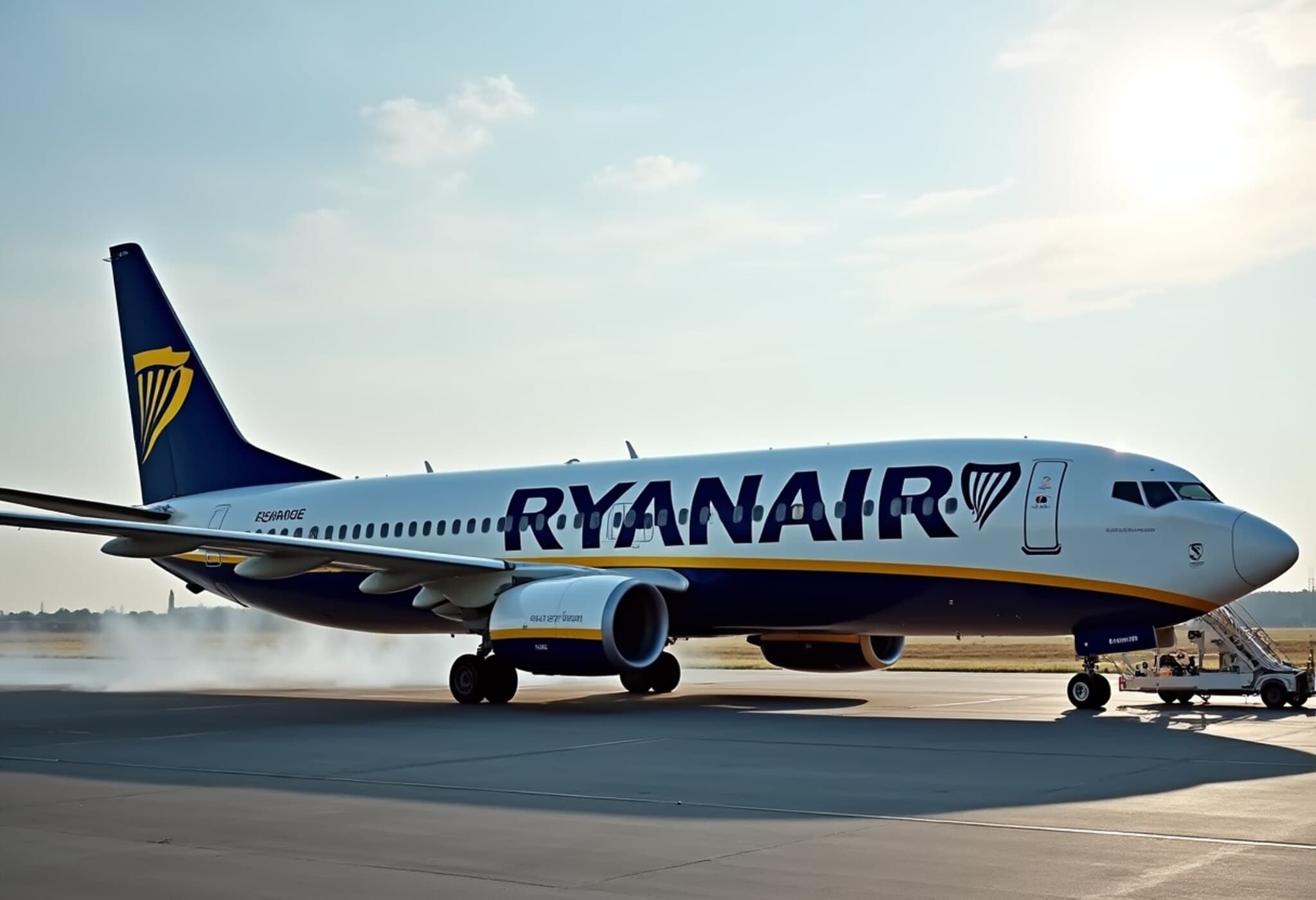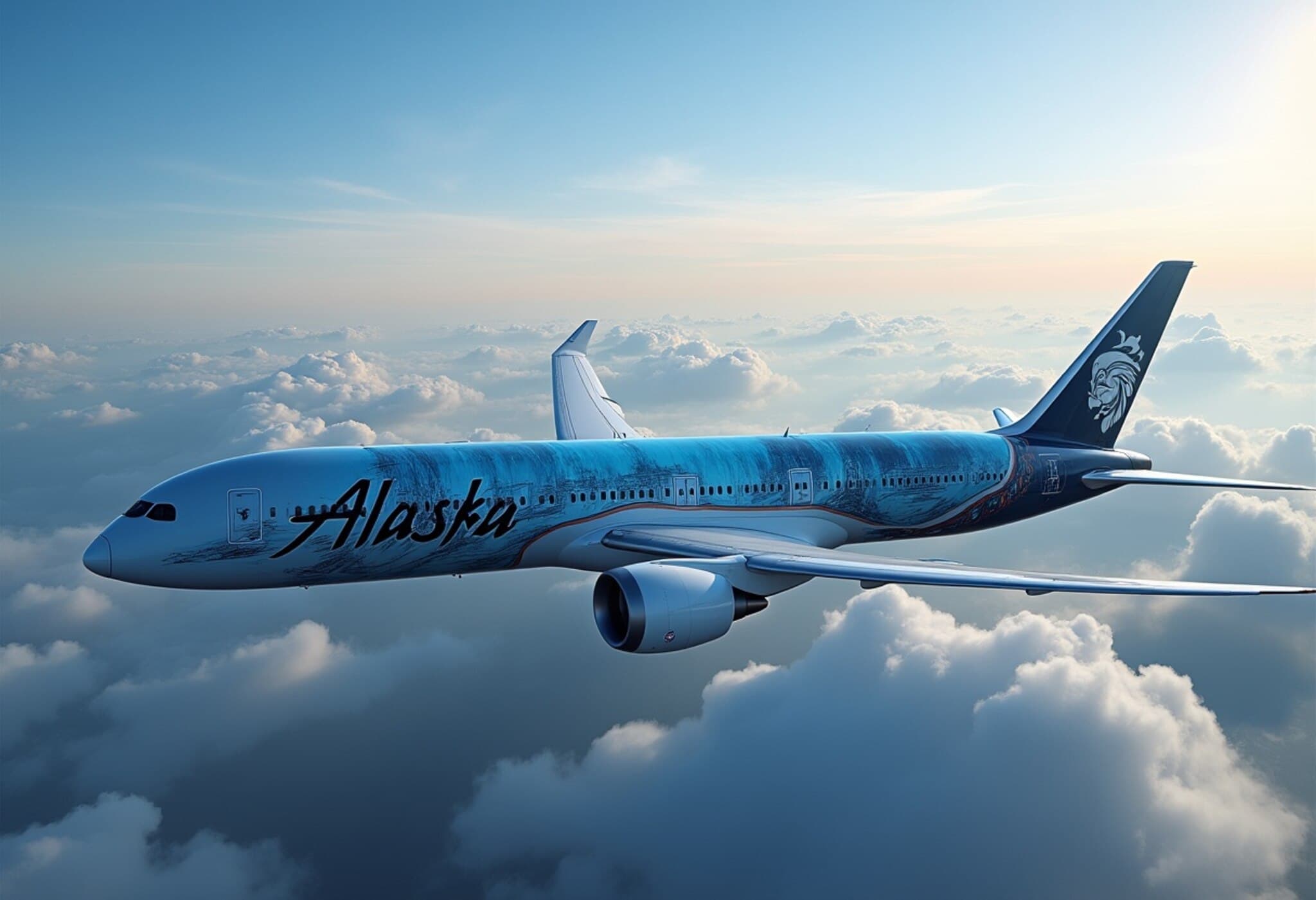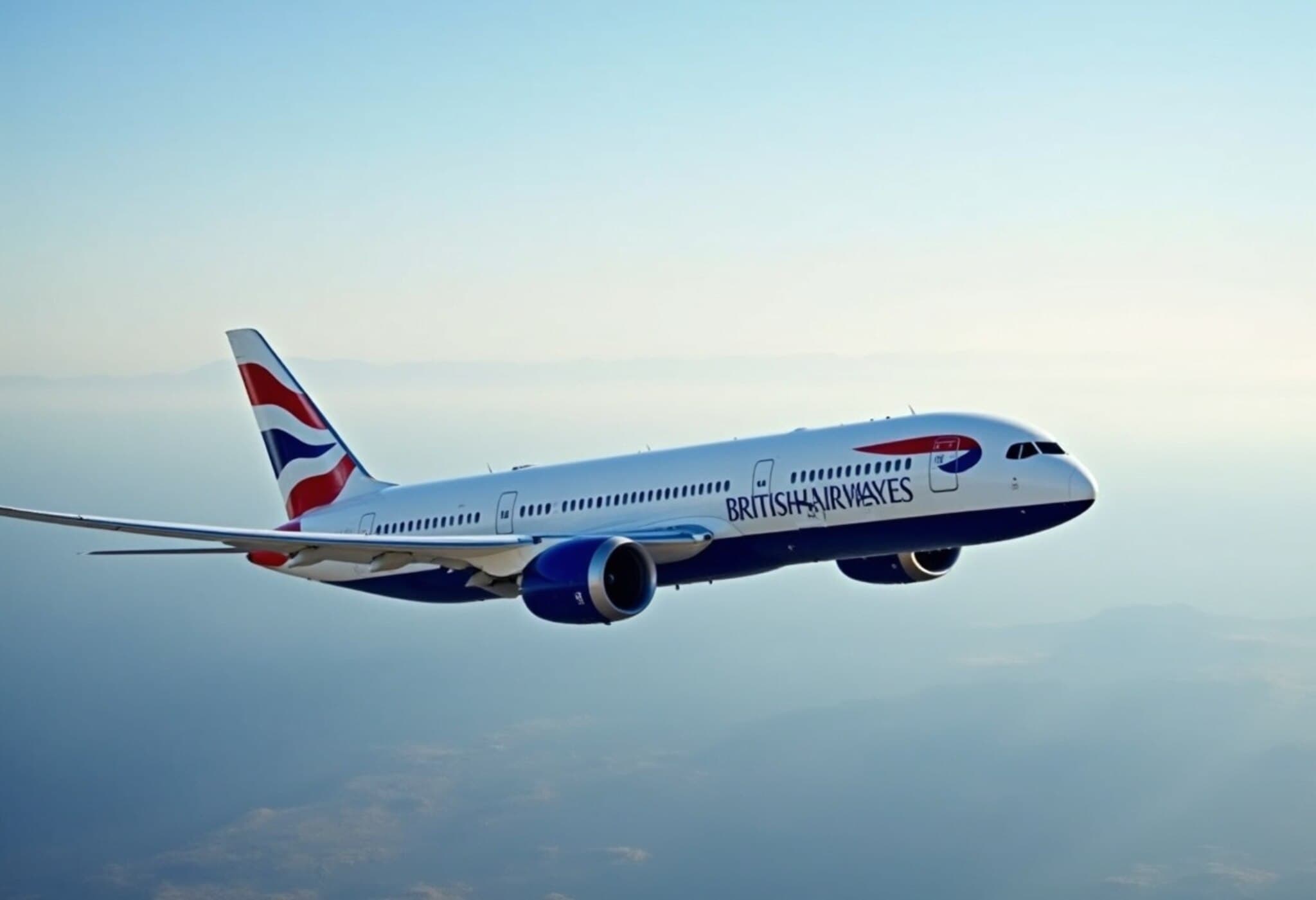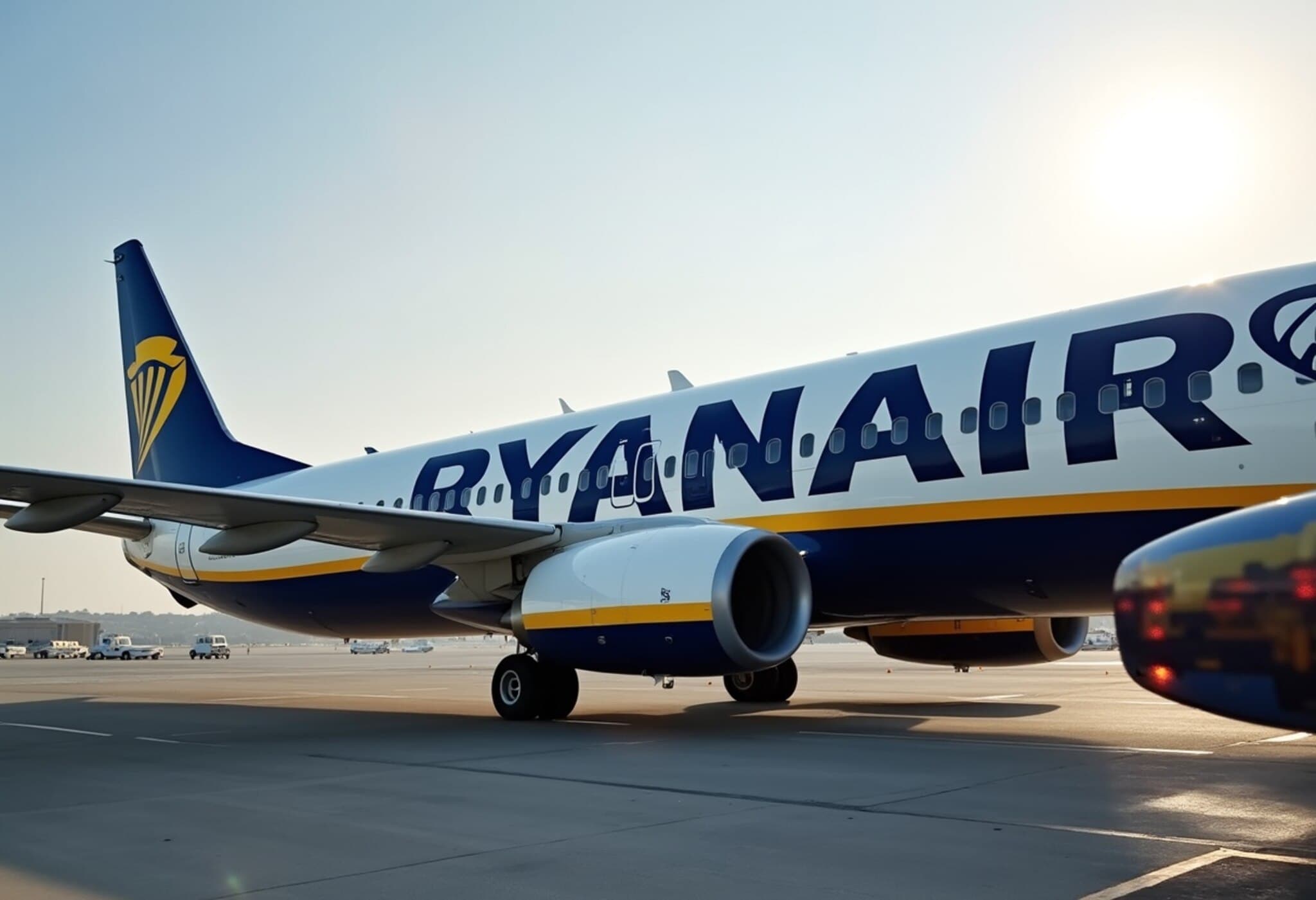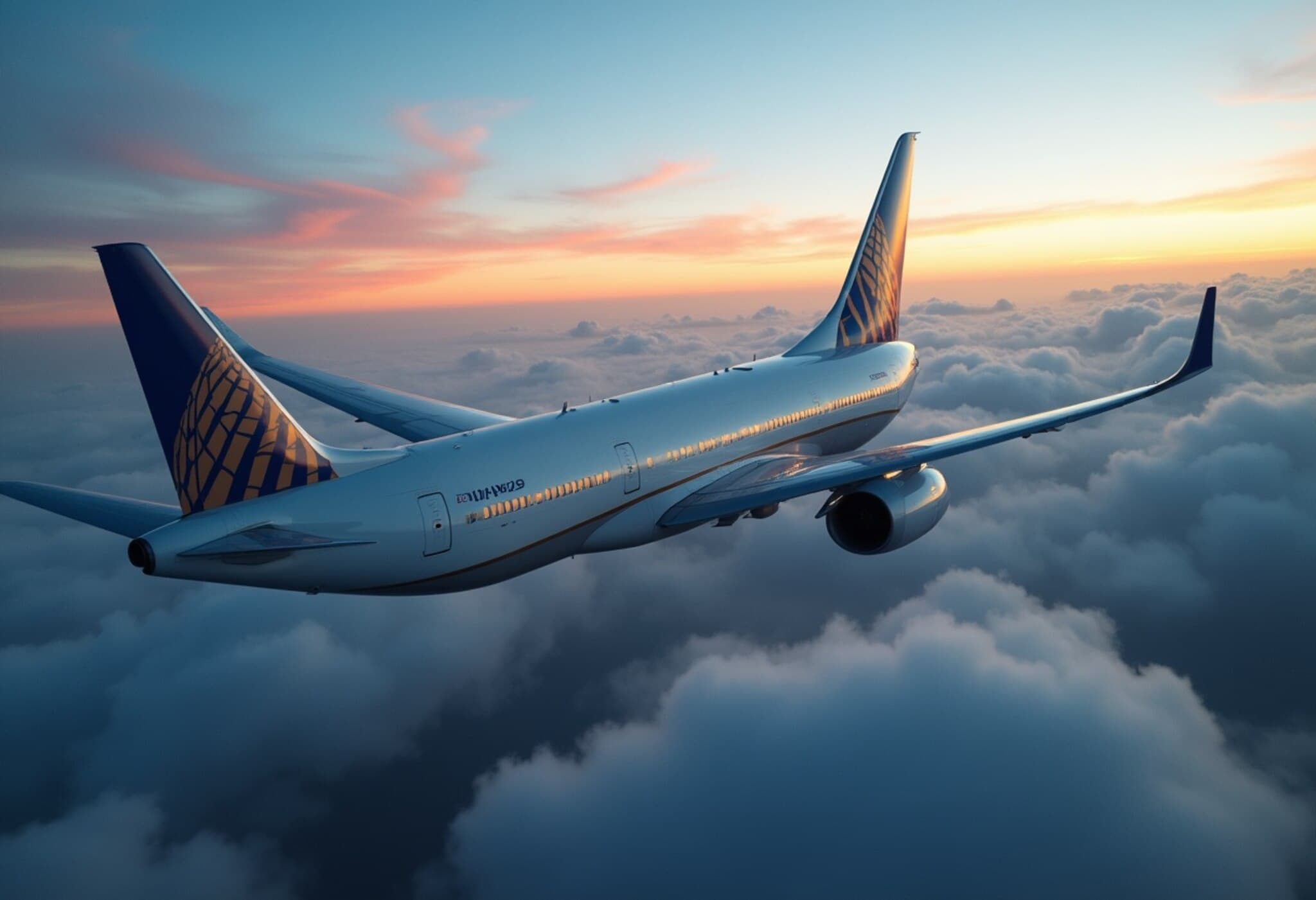Istanbul Airport Crowned World's Best in Travel + Leisure 2025 Rankings
In a notable shift in global airport rankings, Istanbul Airport has clinched the top spot in Travel + Leisure's 2025 World's Best Awards, pushing Singapore’s famed Changi Airport to second place. This accolade is a testament to Istanbul Airport’s significant growth in passenger satisfaction, scoring an impressive 98.57—up from 95.79 in 2024. Travelers worldwide have applauded its modern infrastructure and enhanced connectivity that seamlessly bridge continents.
Middle Eastern and Asian Airports Dominate the Scene
The list paints a compelling portrait of aviation excellence heavily influenced by Middle Eastern and Asian hubs. These airports excel not only in functionality but also in their ability to transform transit experiences into memorable journeys, boasting lavish lounges, cutting-edge amenities, and cultural touches that elevate the travel atmosphere.
2025’s Top 10 Airports at a Glance
- Istanbul Airport, Turkey: 98.57
- Singapore Changi Airport: 95.20
- Hamad International Airport, Doha: 92.34
- Zayed International Airport, Abu Dhabi: 89.48
- Dubai International Airport: 88.38
- Hong Kong International Airport: 86.22
- Helsinki-Vantaa Airport, Finland: 86.18
- Haneda Airport, Tokyo: 84.47
- Chhatrapati Shivaji Maharaj International Airport, Mumbai: 84.23
- Incheon International Airport, South Korea: 83.67
What Makes Istanbul Airport a Game Changer?
Since opening its doors in 2018, Istanbul Airport has rapidly evolved into a global aviation powerhouse. Its considerable investment in passenger comfort is evident through spacious terminals bathed in natural light, intuitive design that simplifies navigation, and top-tier amenities that cater to both business travelers and tourists. A frequent flyer praised its "bright and spacious design", highlighting the airport's ability to provide a sense of calm in what is often a stressful environment.
India's Mumbai Airport Shines Bright Among Global Leaders
Stealing the spotlight in South Asia, Chhatrapati Shivaji Maharaj International Airport in Mumbai not only placed ninth but also set a global benchmark by becoming the third airport worldwide to earn the prestigious Level 5 Accreditation for Airport Customer Experience from Airports Council International. Managed by Mumbai International Airport Ltd under Adani Airport Holdings Ltd, this distinction underscores Mumbai’s commitment to customer-centric innovation and world-class standards.
Why These Rankings Matter for Travelers and Economies
Airport rankings transcend mere bragging rights—they influence tourism flows, business investments, and even urban planning strategies. Airports that prioritize passenger well-being can transform usual layovers into curated experiences, spurring economic benefits locally and internationally. For frequent travelers, such evaluations offer invaluable insights into where time spent in transit might feel less like waiting and more like an integral part of the journey.
Expert Take: Navigating the Future of Global Air Travel
Industry experts note that the rise of airports in emerging hubs like Istanbul underscores the democratization of global connectivity. “Airports are no longer just gateways; they are cultural touchpoints and economic engines,” says a leading aviation analyst. This trend challenges the dominance of traditional hubs and reflects broader shifts in global trade routes, diaspora movements, and regional development priorities.
Editor’s Note
While Singapore Changi’s spectacular indoor waterfall and lush gardens set a high bar, Istanbul Airport’s swift rise signals a dynamic evolution in the aviation landscape. As airlines and travelers recalibrate their expectations toward seamless integration, convenience, and enriched experiences, airports worldwide must innovate relentlessly. The presence of Mumbai Airport among the pioneers also highlights India’s growing stature in the aviation sector, showcasing investments that prioritize customer experience on a global stage.
Looking ahead, readers might consider: How will increasing competition among airports impact the future of air travel? Will these hubs continue to serve merely as transit points, or evolve into destination experiences themselves? Stay tuned as we track these developments shaping your next journey.


